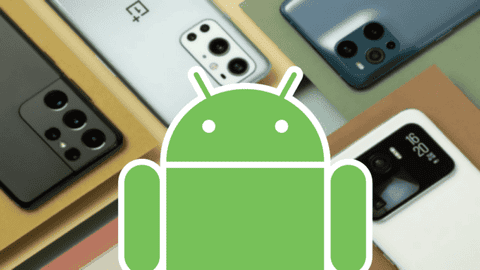The MediaTek Dimensity 9200, a new chip designed for Android smart phones, outperformed the powerful Apple M1 on the AnTuTu benchmark. In 2023, the newest Android devices should be very powerful.
The next generation Snapdragon 8 Gen 2 processor from Qualcomm is anticipated to be unveiled on November 15 at a conference, but MediaTek is also anticipated to soon introduce its new high-end chip, the Dimensity 9200. Prior to its announcement, the chip was already visible on the AnTuTu benchmark.
A 4 nm chip, the Dimensity 9000, was first introduced by MediaTek last year. As a result, we expect that it will once again introduce its new chip first in the following month. Recall that the overclocked Dimensity 9000+ took the place of the original Dimensity 9000 last summer, and we now have more information about its replacement.
Some Android smart phones will be more powerful than Apple Macbook M1 in 2023
The Dimensity 9200 has already completed AnTuTu, as revealed by leaker Digital Chat Station on the Chinese social media site Weibo, and has achieved a score of 1,266,102 points. That’s almost 20% more than the Dimensity 9000 of the previous year. Which typically managed to earn somewhere around 1,050,000 points.
With such a rating, the Dimensity 9200 even outperforms Apple’s M1 chip. Which is present in both the iPad Pro 2021 and the Mac computers made by the American giant. According to verified AnTuTu data, the latter earns “only” 1,251,547 points. Although it doesn’t appear that the chip in the most recent iPad Pro M2. Which was released a few days ago, has been tested yet. We anticipate that it will once again be the most powerful chip on the market.
Additionally, we see from the test that the chip has only increased in temperature by 36 degrees. This suggests that the smart phones using it will be able to maintain a comfortable temperature. The next Snapdragon 8 Gen 2 will also profit from TSMC’s 4 nm production process. Which is responsible for this impressive heat management. The Xiaomi 13, the OnePlus 11, and the next Galaxy S23 will be the first to run it.
